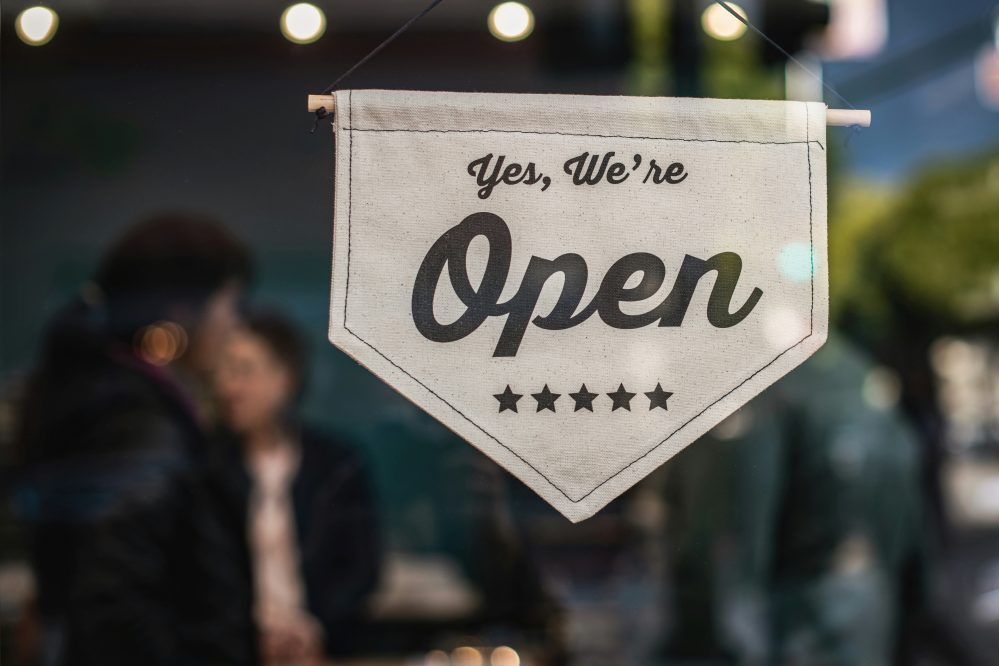Owning a business is like riding a rollercoaster—you experience exhilarating highs and nerve-wracking lows. From the thrill of success to the challenges of everyday operations, there's never a dull moment. But just like strapping on a safety harness before taking the plunge, having the right insurance coverage is crucial for commercial tenants to navigate the ups and downs of business ownership.
Now, you might be thinking, "Insurance? Isn't that something landlords worry about?" Well, yes and no. While your landlord is responsible for insuring the building itself, it's up to you to protect your business and its assets. So, let's break down the essential insurance coverage every commercial tenant should consider.
Buildings Insurance
First up, we have buildings insurance. Now, if you're leasing a space with a defined lease term, chances are you'll be on the hook for this one. Buildings insurance covers the structure of the property, including walls, roofs, and floors. So, if disaster strikes—whether it's a fire, flood, or freak hailstorm—you won't be left picking up the pieces.
Buildings insurance premiums are usually included as part of your lease agreement. When negotiating any lease terms with a commercial property landlord, it’s a good idea to ask them whether buildings insurance is included within the rental fee or if it’s a separate payment.
Contents Insurance
But buildings insurance is just the tip of the iceberg. What about all the stuff inside your space? That's where contents insurance comes in. From furniture and equipment to inventory and supplies, contents insurance protects your business assets from loss or damage. Think of it as a safety net for your stuff—because accidents happen, and you don't want to be left empty-handed.
The most important aspect of your contents insurance should be the coverage limits offered by your policy. Make sure the policy adequately protects the overall value of your business’ contents, including the value of individual big-ticket items. Get your solicitor to carefully examine the policy exclusions too, just so you know which scenarios are uncovered, if any.
You should also clarify whether the policy covers the cost of replacing lost or damaged items with new equivalents or the actual cash value, which factors in the depreciation of your assets, resulting in lower payouts.
Tenants Improvements Insurance
Now, let's talk about tenants improvements insurance. You know those fancy upgrades you made to your space to make it uniquely yours? Whether it's installing state-of-the-art equipment or sprucing up the decor, tenants improvements insurance covers the cost of any alterations or improvements you've made to the property. So, if your custom-built shelving unit gets damaged in a freak accident, you won't have to foot the bill for repairs.
In essence, tenants improvements insurance empowers you to personalise your workspace, while safeguarding the investment in such enhancements.
Public Liability Insurance
Next on the list is public liability insurance. Picture this: a customer slips and falls on a wet floor in your store, or a delivery person trips over a loose rug outside your office. Without public liability insurance, you could be facing a hefty lawsuit. But with the right coverage in place, you're protected against claims for injury or property damage that occur on your premises. It's peace of mind for you and your customers alike.
As with contents insurance, you should also check the scope of coverage within your public liability insurance policy. Make sure the policy encompasses a spectrum of scenarios and verify that it extends to all locations where your business operates or conducts activities.
Employer Liability Insurance
Last but not least, we have employer liability insurance. If you have employees, this one's non-negotiable. Employer liability insurance protects you against claims from employees who are injured or become ill because of their work. Whether it's a slip-and-fall accident or a repetitive strain injury, having the right coverage in place ensures that you're covered in the event of an employee-related claim.
Take some time to research the prospective insurer’s reputation, their financial stability, as well as their claims-paying ability to give you the confidence in the coverage provided. Ideally, the insurer should offer an efficient, hassle-free claims handling process too. Find insurers with rock-solid claims management systems and responsive customer service departments which can expedite claims and facilitate a timely resolution. All of which ensures your firm can fulfil its duty of care towards employees, while mitigating the financial risks associated with workplace incidents or injuries.
So, there you have it—essential insurance coverage for commercial tenants. From protecting your property and assets to safeguarding against liability claims, insurance is your business' best friend. So, before you open your doors for business, make sure you've got the right coverage in place. When it comes to running a successful business, it pays to be prepared.
Looking for a commercial property landlord you can trust?
For more than three decades, Pall Mall Estates has been delivering high-value, low-cost business space across the UK. Today, we own and let out 4,000,000 sq. ft of commercial property, with a portfolio of units spanning the West Midlands, the South East, London, the South West and beyond.
Above all else, we have a customer-focussed culture, fostered by founder, Matti Kraus, who grew the firm on the premise of ensuring genuine value for money for tenants.
Take some time to browse our available workspaces to let on flexible terms. For further details or to arrange an initial inspection for any of our vacant units, pick up the phone and call our friendly and experienced team on 020 8986 7221.
—
Pall Mall Estates have a wide range of low cost commercial properties across the UK.
Take a look at our available spaces here or get in touch with our experienced team here.







